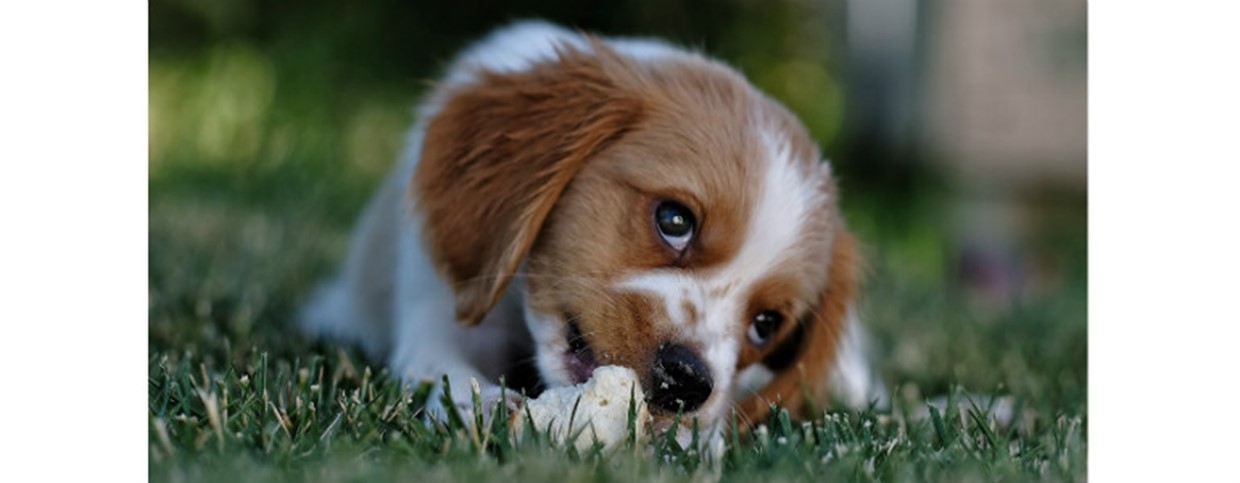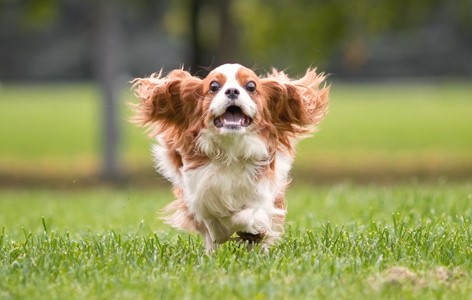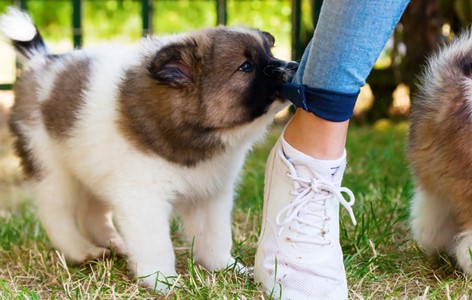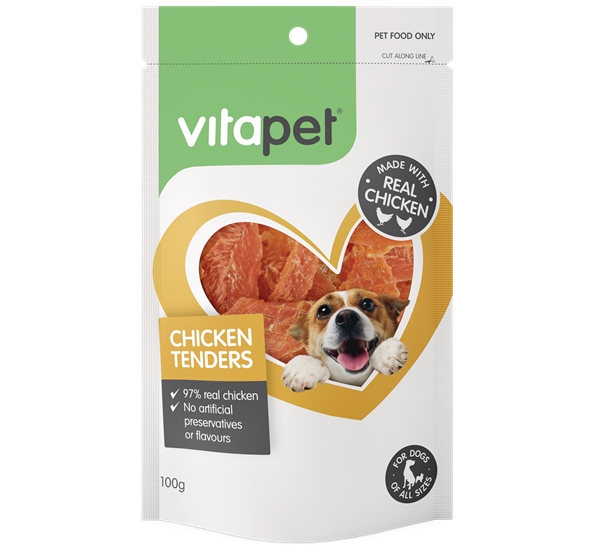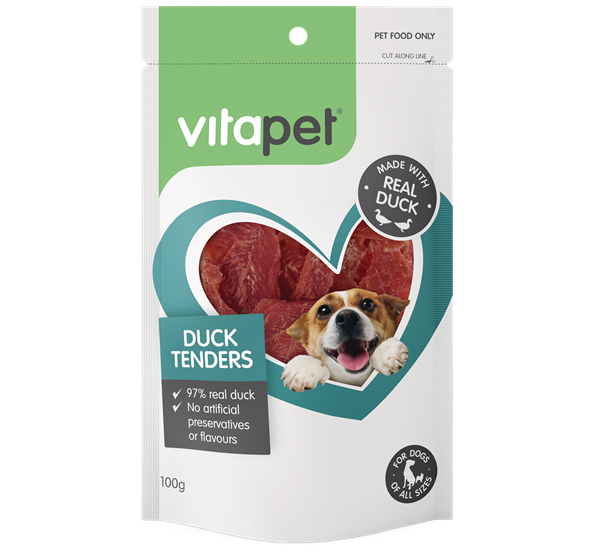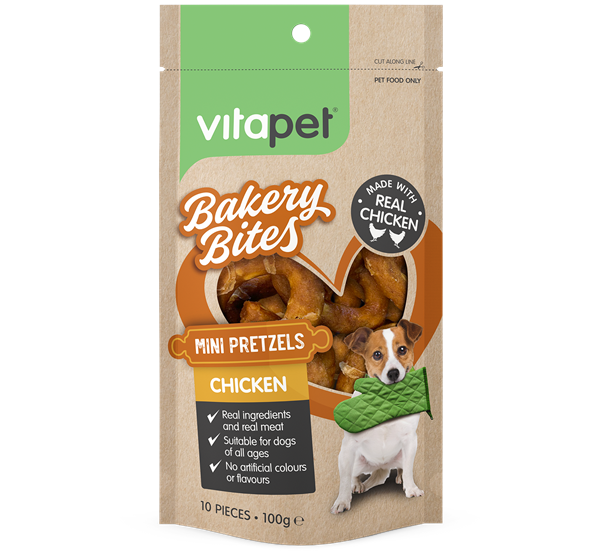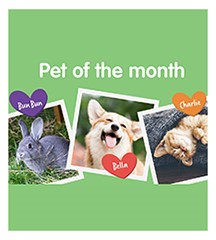Most of us know that moving house can be a rather stressful life event, so it’s easy to imagine how a small puppy might feel. For your dog, it’s not just a matter of moving house, but moving families! Here are some tips that can help introduce a routine that brings comfort and solace to their new puppy life.
Why puppies need routine
A routine helps establish a sense of security for your pet. Life is likely to be a lot easier for all of you if you familiarise your canine buddy with the ‘yays’ and ‘nays’ of your household from an early age.
Just remember, like children, puppies can be full of energy: be prepared for some sleepless nights initially and practice patient care.
Your adorable new friend will need a lot of love!
1. First steps
Take some time to do your research so you know what to expect. Then prep with a rough schedule and, of course, the essentials. From crate and puppy gates, to water bowl and toys, you should make sure the basics are on hand pre-arrival. Establish a sense of routine from day one.
A young puppy eats more meals – at least three a day – and sleeps more than an adult dog, so make sure to factor that in. It’s also important to accept that even with regular outside toilet breaks, including a late-night trip, there may be ‘accidents’, so be patient.
2. Maintain boundaries – with affection
Rather than punishing a puppy for unwanted actions, use treats for positive reinforcement of good choices. Be clear and consistent regarding things that are out of bounds, both physically, such as furniture, and behaviourally, such as jumping.
Remember, like children, puppies thrive on affection. Your home is a new world for them and they should feel they’re wanted, so make sure your new canine family member is lavished with a good amount of attention as they settle in.
3. You’re their inspiration
A study headed by Dr Claudia Fugazza into social learning from conspecifics and humans in dog puppies tested social learning in eight-week-old puppies. Among the results were clear indicators that the puppies learnt from watching human behaviour, which means you’re here to show them the ropes of life and play.
Puppies may feel the urge to play, but do they always understand what that means? Take the time to show your fur baby the basic premise of fetch. If giving a toy with a reward inside, consider demonstrating how that reward can be reached.
4. Use your puppy voice – and keep it simple
A study in The Royal Society Journal suggests puppies respond to a high-pitched voice, and a slower delivery, similar to the type of tone we often adopt when talking to a newborn.
Like babies, puppies can become over-excited and agitated by too much stimuli. New people, places and other pets may prove stressful in the early days of relocation, so try not to overwhelm and keep to a simple routine.
5. Practise consistency
Consistency is key when adjusting your puppy to a new family life. Don’t waiver on rules. A new puppy is looking to you for guidance on every aspect of life: when to eat, exercise, sleep and use the toilet.
If you’ve created an indoors restricted sleeping area for them, the next step is to help your puppy use it. If you let them sleep elsewhere whenever they want, for example, your bed, you’re potentially creating a habit that’s much harder to reverse than to adopt.
Feeding is another example where rules matter. Removing their bowl after an allotted period teaches the concept of meal time. Giving them food on demand potentially causes confusion later when you stop giving in.
Denying an adorable puppy anything is hard, but mixing your signals can become distressing. A consistent routine can help prevent habits that may trouble your dog later in life.
6. Exercise is essential
Puppies have a lot of energy to work off, which is why exercise must be a part of their routine, whether playing at home in the house or garden, or going for walks. A puppy who hasn’t exercised enough may have difficulty sleeping.
Before considering neighbourhood walks, make sure your pet is vaccinated and microchipped. Avoid letting a puppy off the leash, as you’re still establishing trust and recall. You should also make sure any potential exercises or training courses are age-appropriate for your pup.
7. Be sure to include socialisation in their routine
From three to 12 weeks of age can be a critical socialisation period for your new mate, influencing their behaviour into adulthood. During this window, make sure your puppy learns to relate to other dogs, animals and people. Enrolling your new dog in a reward-based puppy school can be beneficial.
8. Leaving your puppy alone
In the beginning, your puppy needs company and constant care, so it can be a good idea to take few days off work to help them settle into their new home. If that’s not an option, have a friend or dog sitter check them while you’re away during the first few weeks or, if possible, try to drop by in your lunch breaks.
The best way to get your puppy used to spending time alone is to leave them for short periods, with toys, and rewarding them on your return with a treat, a walk or play time. This way, they can gradually become acclimatised to the idea you’ll return and not abandon them.
The goal is to avoid or at least minimise separation distress. Over time you can increase your time away. Suddenly leaving a puppy alone in a new place for hours on end is an abrupt transition that can cause anxiety.
Planning, lots of love and patience are key to helping your new puppy deal with the strange sights, sounds, scents and people in a new home.
With your care and attention, they’ll grow into a well-adjusted and sociable dog at the heart of your family.











